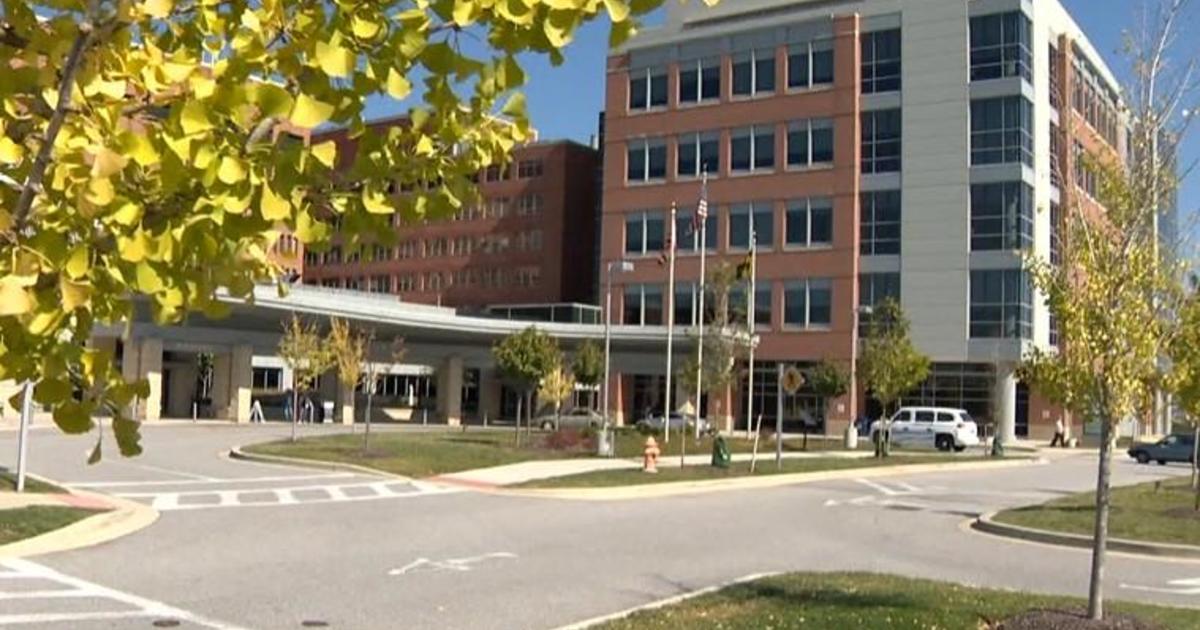Preakness Stakes safety protocols discussed in wake of recent horse racing deaths
BALTIMORE -- With safety concerns at the forefront ahead of the 148th running of The Preakness Stakes, veterinarians and gaming officials discussed protocols in place to protect riders and the horses.
The Preakness Stakes, the second leg of the Triple Crown, will run on Saturday at Baltimore's Pimlico Race Track.
Two horses were euthanized after being injured in races on the Kentucky Derby undercard on May 6.
At least eight horses died within a span of 10 days at and around Churchill Downs, the home of the Derby.
Down the road at Laurel Park, horse racing was briefly suspended following a FOIA report by the Maryland Horse Racing Commission revealing there have been 13 horse deaths at Laurel Race Track alone in 2023.
Kentucky Derby favorite Forte, who was scratched hours before the race, is ineligible to run in the Preakness because he remains on the 14-day veterinary list because of injuries.
Horse racing officials say racing is at a critical juncture, even though horse deaths are at their lowest number since they began being tracked, money is flowing and new national medication and anti-doping rules are set to take effect.next week.
The Horseracing Integrity and Safety Act (HISA) took effect on July 1, 2022, with two major components: racetrack safety and antidoping and medication control.
The safety rules, including limits on how many times a jockey can whip a horse, began last year. Still, they have not prevented horse deaths.
HISA included Anti-Doping and Medication Control (ADMC) Program, which will start May 22 — two days after the Preakness.
The ADMC program covers drug testing, drug samples, out-of-competition testing, rulings and penalties. Labs will test for the same substances and at the same screening levels as opposed to different states testing at differing levels. The new rules replace the patchwork system of standards in the 38 U.S. racing states that can vary by racetrack and location.
Under the ADMC program, she said, there will be far greater emphasis on out-of-competition testing and not just post-race testing.
Still, Racing Chief Veterinary Officer Dr. Dionne Benson said preparation for safely and getting these horses on the Pimlico race track started a couple of weeks ago when they started taking the out-of-competition samples from the horses.
The horses are being pre-race tested for TC02 which is an "indicator of the use of alkalizing agents, which may compromise the welfare of the horse when provided in excess, and the integrity of racing by artificially enhancing a horse's performance," according to the Alcohol and Gaming Commission of Ontario.
Before racing, the horses are to be signed off by their own personal vet. They are observed on the track before they are sent to their race destination and jog for independent vets on the track throughout the week.
"These protocols give us the opportunity to really observe the horses and give our vets the tools and the touchpoints that they need to make sure these horses are as racing sound as we need them to be, and we are being safe as much as possible coming into these races," Dr. Benson said.
Dr. Benson said officials and vets review each race, including the Triple Crown races, and work to improve protocols each time.
"For us, it is jockeys and horses first," Dr. Benson said. "We are always reviewing our safety protocols. Every day we learn more and we try and do better. For this particular Preakness, in previous years we had done required exams and independent exams on the Stakes races. We've expanded that to all of the races."
According to the Jockey Club's Equine Injury Database, the rate of 1.25 fatalities per 1,000 starts (or fewer than 13 horses out of each 10,000 who race) in 2022 is the lowest since record-keeping of that number began in 2009. According to University of Bristol professor Tim Parkin, the final six months of last year was "the safest six-month period on record."




